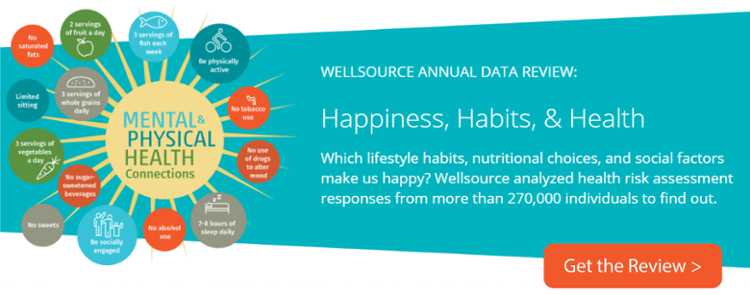As far as physical fitness goes, most people have a general idea about what needs to be done to stay in good shape. It’s certainly no secret that eating right and getting some exercise tends to provide a number of health benefits.
But what about our brains? What can we do to stay mentally sharp? The brain is an awesomely complex organ—there are 100 billion information-transmitting neurons up there—but poor health habits can lead to mental sluggishness, forgetfulness, and other symptoms of sub-optimal functionality. In fact, evidence has shown that healthy behaviors that prevent cancer, diabetes, and heart disease may also reduce the risk of worsening memory problems, sometimes called subjective cognitive decline (SCD). Health and lifestyle behaviors like quitting smoking, maintaining a healthy blood pressure, cholesterol level, and weight all contribute to a healthier brain.
But what are some everyday habits your can start now to encourage brain health long-term? Here are six tips for keeping your brain healthy and active:
Drink water
You should drink 6 to 8 glasses of water every day. This will improve memory, concentration, and mental quickness.
Eat a well-balanced diet
A healthy and balanced diet, with more vegetables and fruit, has been shown to reduce the risk of cognitive decline. Studies have shown that certain foods that can appear to decrease the risk of developing Alzheimer's disease, increase mental focus, and slow cognitive decline in older adults.
Sleep
Not getting enough sleep can result in memory issues and impair cognitive skills. One third of US adults report getting less than the recommended amount of sleep. Seven to eight hours per night will improve mental alertness and concentration.
Be social
Being socially engaged may support brain health. Find ways to be part of a community—volunteering, joining a hobby group, or sharing activities with friends and family. Maintaining good relationships with others will help lower stress and enhance brain health.
Exercise
Engaging in exercise elevates your heart rate, increases blood flow to the brain ad body, and releases endorphins that relieve stress, anxiety, sleep problems, and depression. Try for 30-60 minutes per day.
Solve puzzles
Sudoku, Wordle, and crossword puzzles are entertaining—and also have the benefit of boosting your mental health. Researchers have shown that these types of games lower the risk of age-related memory decline and can challenge and activate your mind with more strategic thinking.
Measuring mental health: HRA data provides insights
Self-reported population health data, such as that collected by a quality HRA, can give you critical insights into the mental and emotional health of your population— and give you a more complete story of a person’s lifestyle habits, mental health status, or readiness to take action.
By using an HRA to gather data right at the source—from the individual— wellness and population health professionals can shape more impactful, timely programs. Learn the kinds of insights HRA data can provide when it comes to happiness in our Annual Data Review: Happiness, Habits, and Health.








